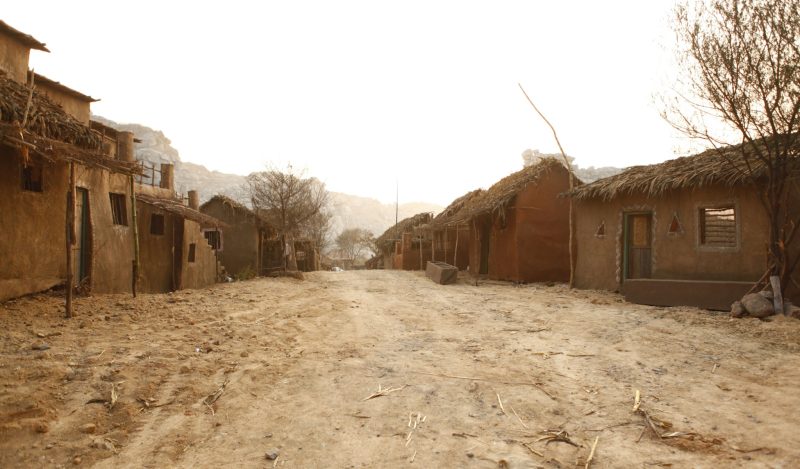Upon returning to my computer this afternoon I discovered an irate e-mail from the mother of a George Mason University freshman. Here’s my reply to her.
Ms. L__:
I’m dismayed to learn from your e-mail that, because you’ve just discovered that I endorse the Great Barrington Declaration, you’re demanding that your son transfer out of my upcoming Econ 103 course. That decision, obviously, is for you and your son to make. You should advise your son to do what you think best.
But you took time to write to accuse me of “intellectual incompetence,” so I’ll take a moment to defend myself.
Because you offer no objection to the Great Barrington Declaration other than that “it is so anti-science, anti-social and anti-humane a competent professor should loudly critique it,” I challenge you actually to read the Declaration and write back to me with your specific objections. Identify particular passages that you believe are so outrageous that no intelligent person can assent to them.
The central message of the GBD is its call for Focused Protection. Do you object to this message? Do you object to the advice that protection be focused on those groups that we know – and that we knew at least as early as March 2020 – are especially vulnerable to covid, while leaving the great majority of humankind (who are not especially at risk) to continue life as normal? And if you do object, what about this advice is so outrageous that it marks anyone who supports it as being unfit to teach an introductory course in economics? (For the record, I foresee no occasion for me, in the course of mine that your son will now not take, to mention the Great Barrington Declaration.)
Or do you object to the GBD’s implicit – yet economically sound and relevant – understanding that spending resources willy-nilly to protect everyone, regardless of risk profile, from exposure to covid is to waste resources even if the only goal is to reduce illness and death from covid? After all, in many cases, resources used to protect low-risk persons from covid are resources no longer available to protect high-risk persons from covid. As all competent economists would say, reallocating resources from where they have low impact to where they have higher impact results in these resources having more impact. Do you not believe that this outcome – that is, getting from the same number of resources greater defense against illness and death – is desirable?
Or perhaps you object to the GBD’s warning that the massive and unprecedented suspension of economic and social life is destined to have horrendous unintended consequences, including – although not limited to – worse non-covid health outcomes for swathes of people much broader than those who are especially vulnerable to covid.
I close by noting that, regardless of your objections to the GBD or to the merits of those objections, the GBD’s advice is not original. As the Great Barrington Declaration co-author Jay Bhattacharya explains in this excellent podcast from this past May, the Declaration merely reminded humanity of what was until early 2020 the consensus among public-health officials, including those at the World Health Organization, of the best means of dealing with respiratory pandemics. All the Great Barrington Declaration did, really, was to advise that long-standing consensus be regained and followed.
I’m genuinely sorry that your son will not be in my course. I recommend that he enroll in the section taught by my colleague Tom Rustici, who is an excellent professor from whom your son will learn much.
Sincerely,
Donald J. Boudreaux
Professor of Economics
George Mason University
Reposted from CafeHayek
Published under a Creative Commons Attribution 4.0 International License
For reprints, please set the canonical link back to the original Brownstone Institute Article and Author.









